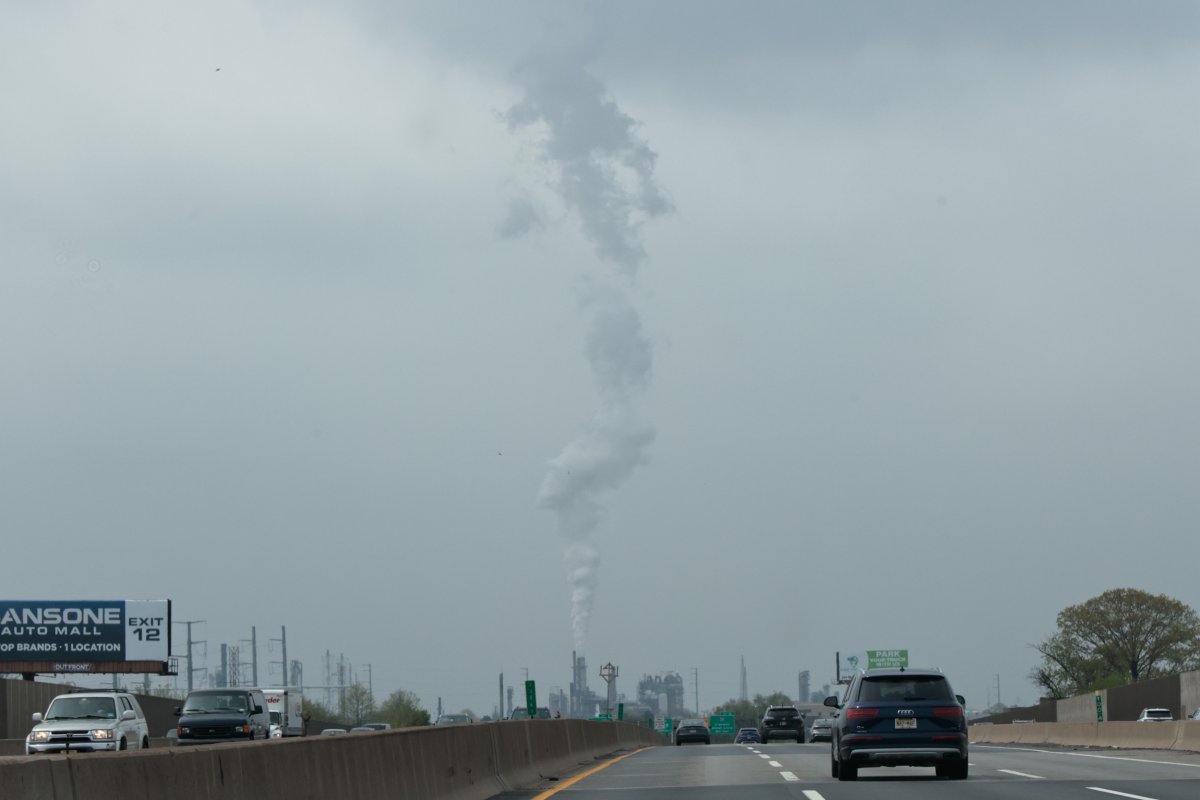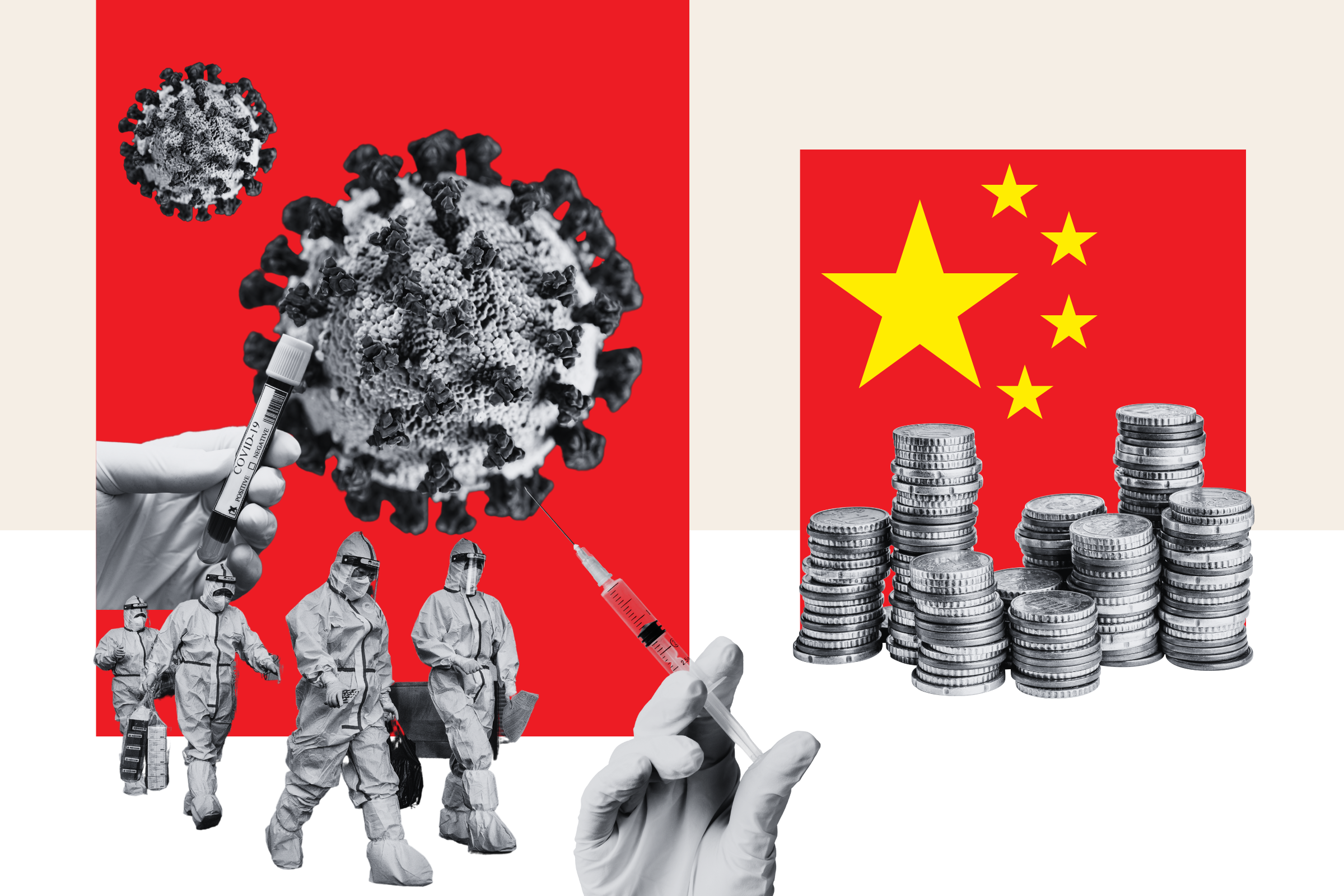This summer brought an unprecedented onslaught of record-breaking temperatures, leaving a devastating mark on our climate landscape. Millions of Americans have been under extreme heat warnings, including those living in the Southwest, where temperatures are so scorching that people are getting second-degree burns by falling to the ground. Hawaii has been suffering from moderate to severe drought with swaths of the Pacific island chain deemed abnormally dry, which contributed to the deadliest U.S. wildfire in more than a century.
As United Nations Secretary-General António Guterres recently noted, we have moved beyond the age of global warming to one of "global boiling." Slashing methane emissions will turn back the dial and eliminate these worsening threats to our environment and public health caused by climate change. Reducing methane emissions in our atmosphere is the single, most efficient way to reduce the planet's temperature overall within our lifetime. While methane might not receive the same level of attention as its counterpart carbon, it is equally if not more lethal, given its capacity to trap significantly more heat than carbon.
Initiatives like the newly formed cabinet-level White House Methane Task Force from the first-ever White House Methane Summit will help bring urgency to address methane emissions across the world. But we can still do more. I have dedicated my life to advancing methane mitigation efforts that yield change, are sustainable, and improve the overall quality of life for local communities. Methane mitigation efforts can be achieved through simple, effective steps. Here are three ways we can do so.
Feed Livestock Better
Raising cows for meat and dairy is the biggest source of methane and accounts for almost 15 percent of all greenhouse emissions. This is because of enteric fermentation, the digestive process of grazing hoofed animals like cows that release methane through their waste and burps. A significant way we can cut emissions from enteric fermentation is by transforming the way we feed and raise the animals we eat.
Cows that are given low quality foods burp more than those that are fed grass, and those burps increase the methane emissions in the atmosphere. By making simple changes in what and how we feed livestock, we can drastically reduce methane emissions, without sacrificing production, the income of farmers, or what we choose to put on our plates. Through programs like the Greener Cattle Initiative (GCI), we can identify, develop, and validate new and existing scientifically sound, commercially feasible, and socially responsible practices and technologies that reduce enteric methane emissions from dairy cattle.
Compost, Compost, Compost
Half of the food system emissions today come from uneaten food and scraps. We could process those decomposing food mounds at landfills to make compost for agriculture use, erosion control projects, and to enrich the soil.
Composting would decrease the size of landfills all over the world. More than 2 billion tons of waste is dumped globally at landfills each year. Much of the waste is food. Every year in the United States, 40 percent of all foods—a shocking 119 billion pounds—ends up in landfills as waste. In the Global South, some landfills reach heights of 20 stories and 70 acres like the Ghazipur landfill, near New Delhi, India. That landfill caught fire three times in a month last year, creating toxic living conditions for those living nearby. In the United States, 54 percent of reporting landfills have communities within one mile of the landfill. Composting as individuals and on a large scale reduces the amount of food piling up in landfills and releasing heat-producing methane.
Harness the Power of Public-Private Partnerships
Although we all need to play our part to create a safer and cleaner environment, governments, NGOs, and philanthropic institutions play a unique role in driving and enacting substantive change. Truly effective methane mitigation efforts require global coordination between nations and institutions that have technical know-how, financial backing, organizational capacity, and on-the-ground relationships in the communities they serve.

Major climate initiatives like the Global Methane Pledge, signed by over 100 countries in 2021, are proof of the efficacy of such collaborative partnerships. In 2022, I became CEO of the Global Methane Hub, a coordinated philanthropic effort to reduce methane emissions worldwide. My experience has taught me that change requires collaboration and public-private partnerships are instrumental in advancing impactful solutions to combat the most pressing issues of our day, like slowing climate change and improving the quality of life for people across the world.
Another example of how collaboration between public and private entities creates change is the Enteric Fermentation R&D Accelerator. Pioneered and led by the Global Methane Hub in partnership with the Bezos Earth Fund, the Accelerator is the largest funding investment ever in research and development technologies on livestock methane emissions. It will develop newer and better feed options for livestock, research genetic tools to select livestock that is lower emitting by default, and produce evidence-based data that will help facilitate regulatory approval of mitigation technologies.
Programs like the Accelerator need to be replicated and expanded at scale, particularly in developing countries, which are most affected by the climate crisis. Public-private partnerships have the power to develop and implement large-scale initiatives like the Accelerator that will help substantially reduce methane emissions worldwide.
Our future does not have to involve triple digit summers and dangerous heat waves. Mitigating methane can happen at micro and macro levels. From small day-to-day steps like composting in our homes to larger scale industry shifts like improving agricultural feeding practices with the support of public-private partnerships, we can meaningfully reduce methane emissions and create a cleaner atmosphere, better living conditions, and a healthier planet for all its inhabitants.
Marcelo Mena is chief executive officer of the Global Methane Hub and a former environmental minister of Chile.
The views expressed in this article are the writer's own.
Uncommon Knowledge
Newsweek is committed to challenging conventional wisdom and finding connections in the search for common ground.
Newsweek is committed to challenging conventional wisdom and finding connections in the search for common ground.
About the writer
To read how Newsweek uses AI as a newsroom tool, Click here.






